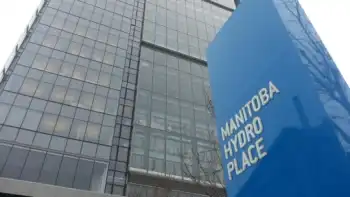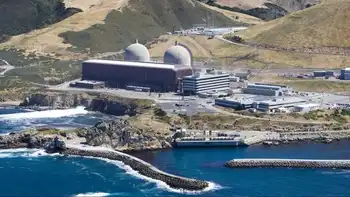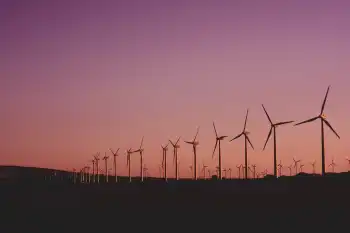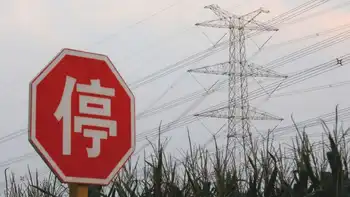West Virginia approval sought for multi-state power line
Developers of the Potomac-Appalachian Transmission Highline, or PATH, said they planned to file similar requests with regulatory agencies in Maryland and Virginia in the next 10 days.
Columbus, Ohio-based American Electric Power and Greensburg, Pa.-based Allegheny Energy have said the 765-kilovolt line is needed to address regional electrical reliability concerns. The utilities originally planned to have the line operational by 2013, but agreed to delay it a year based an analysis by regional grid operator PJM Interconnection.
PJM's analysis said the project wasn't needed until 2014.
The filing starts a 400-day clock for the PSC's review and decision, said agency spokeswoman Sarah Robertson. The agency is expected to hold public hearings while reviewing the application.
The filing comes as Eastern Panhandle residents planned a May 31 protest. Keryn Newman and Patience Wait planned to take advantage of routine traffic jams on U.S. 340 to protest the line's proposed route through Jefferson County. The highway is often congested by weekend motorists traveling to fish or canoe on the Potomac River or visit Harpers Ferry National Historical Park.
As envisioned, PATH would travel from AEP's John Amos power plant in western West Virginia to a substation in Frederick, Md. The line would cross central West Virginia before passing through Clarke, Frederick and Loudoun counties in Virginia. The line then crosses back into West Virginia before ending in Maryland.
"We understand the concerns about the impact of transmission lines and will work with the states and landowners to address concerns," Michael Morris, AEP's chairman, president and chief executive, said in a prepared statement.
The West Virginia Highlands Conservancy said the transmission line would promote the use of coal as an energy source, ruin scenic vistas and increase utility rates for customers.
Last month, the state Supreme Court rejected similar arguments when it decided not to interfere with a separate high-voltage line Allegheny Energy proposes to build through northern West Virginia.
Related News
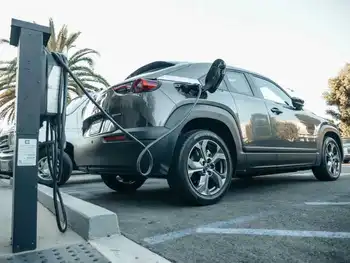
New Texas will bill electric vehicle drivers an extra $200 a year
DALLAS - Plano resident Tony Federico bought his Tesla five years ago in part because he hated spending lots of money on gas. But that financial calculus will change slightly on Sept. 1, when Texas will start charging electric vehicle drivers an additional fee of $200 each year.
“It just seems like it’s arbitrary, with no real logic behind it,” said Federico, 51, who works in information technology. “But I’m going to have to pay it.”
Earlier this year, state lawmakers passed Senate Bill 505, which requires electric vehicle owners to pay the fee when they register a vehicle or renew their…

